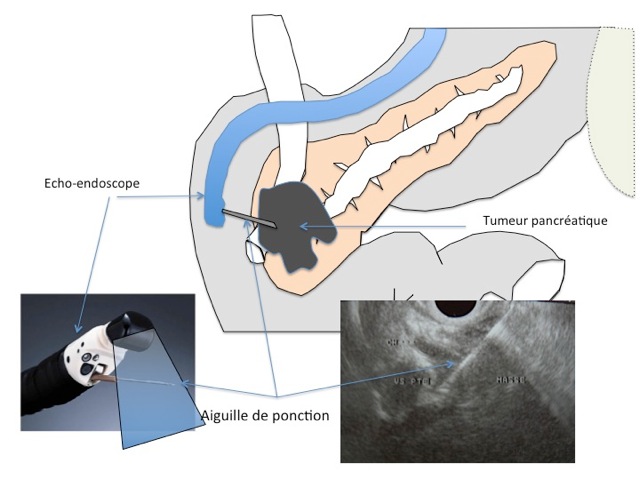THE irritable bowel syndrome (IBS), often referred to as functional colopathy, is a common disorder of the digestive system that affects many people around the world. This syndrome manifests itself by a combination of varied symptoms, including abdominal pain, of the bloating, as well as intestinal transit problems such as diarrhea or constipation. Affected individuals often experience hypersensitivity in their gut, a phenomenon aggravated by factors such as stress or theanxiety. Understanding this syndrome is essential to implement adequate management and improve the quality of life of those affected.
|
IN BRIEF
|
THE irritable bowel syndrome (SII), also known as functional colopathy, is a common digestive disorder that causes a wide variety of symptoms. This syndrome is often manifested by abdominal pain, of the bloating, as well as by problems of intestinal transit, ranging from diarrhea to constipation. People suffering from this syndrome frequently find themselves battling symptoms that can impair their quality of life. Understanding the details of the IBS can help provide relief and improve daily functioning.
Symptoms of irritable bowel syndrome
IBS is characterized by a set of symptoms that vary from person to person. Among the most common, we observe:
Abdominal pain and discomfort
THE abdominal pain are often the main symptom of IBS. This pain can be recurrent and generally manifests itself as cramps or intestinal spasms associated with disturbances in intestinal transit.
Bloating and abdominal distension
THE bloating are also an integral part of the manifestations of this syndrome. Sufferers often complain of a feeling of swelling which can be unpleasant and sometimes painful.
Variability of intestinal transit
Disorders of intestinal transit, whether in the form of diarrhea or constipation, are recurring symptoms in individuals suffering from IBS. This can cause great discomfort and additional anxiety.
Causes and aggravating factors
The precise causes of irritable bowel syndrome remain unclear, but several factors can contribute to its appearance:
Intestinal hypersensitivity
IBS is often associated with hypersensitivity of the intestine. This means that the digestive system overreacts to certain food or environmental stimuli.
Role of stress and anxiety
THE stress and anxiety are notable aggravating factors. Many studies show that episodes of intense stress can exacerbate IBS symptoms, leading to a spiral of anxiety and pain.
Diet and lifestyle
Certain foods can also make symptoms worse. An unbalanced diet, the consumption of certain types of fiber, fats or food additives can influence the condition of the irritable intestine.
Diagnosis of irritable bowel syndrome
The diagnosis of IBS is based on a careful assessment of the patient’s symptoms and medical history. Several criteria must be taken into account:
Diagnostic criteria
To make a diagnosis of IBS, doctors rely on criteria such as the presence of recurring abdominal pain and changes in bowel habits, according to the classification of functional digestive disorders.
Establishing a differential diagnosis
It is crucial to rule out other medical conditions that could mimic IBS symptoms. This may require additional tests, such as blood tests or imaging studies.
Management strategies and treatment
Managing IBS requires a multidisciplinary approach, combining different types of treatments and lifestyle modifications:
Dietary changes
A adapted diet can significantly help alleviate symptoms. It is advisable to identify and avoid foods that trigger bouts of intestinal discomfort.
Stress management
Include techniques for relaxation such as meditation, yoga or cognitive behavioral therapy can be beneficial in reducing stress and its effects on the gut.
Medicines and treatment
In some cases, medications may be prescribed to manage IBS symptoms. This may include antispasmodics, laxatives or antidepressants depending on individual needs.









